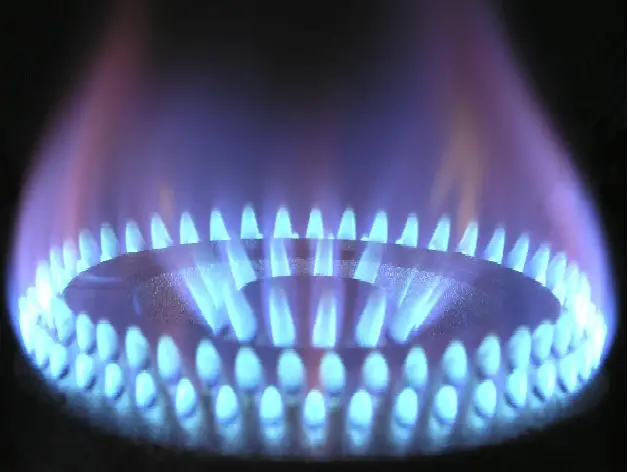In its monthly report, the Gas Exporting Countries Forum (GECF) has revealed that the consumption of natural gas by members of the EU has been falling, with June imports falling 20% year over year to a total of 11.6 billion cubic meters (bcm).
Published on Sunday, the publication showed that consumption of gas by the 27 member bloc in the first half of 2023 fell by 10% year over year, adding up to 178 bcm. Overall, as a result of reduced imports from Russia and Norway, gas deliveries to the EU plunged by 34% to 76.7 bcm.
The GECF stated that, “This decline was primarily due to the growing wind and solar energy output, which led to a decrease in the reliance on gas for electricity generation. In addition, the ongoing implementation of the EU regulation promoting a voluntary 15% reduction in gas demand from 1 April 2023 to 31 March 2024 impacted the gas consumption in the EU.”
The report noted that demand in the industrial sector has not yet fully recovered compared to a year prior, in spite of recently falling gas prices.
Overall, gas-produced electricity generation in the EU declined 17% year over year as total electricity generation fell 7%, hitting 182 terawatt-hours (TWh). In addition, coal-produced electricity generation fell 39%.
Previously, the EU would supply roughly two-fifths of the bloc’s gas consumption through Russian energy imports. Last year, member states pledged to voluntarily reduce gas consumption by 15% between August of 2022 through March of 2023. Since then, the bloc has extended the agreement for another 12 months.
However the European Environmental Bureau has reported that only 14 of the 27 EU member states have imposed compulsory measures to enforce restrictions on energy consumption.
Of the 14, five, including Germany, France, Italy, Spain, and Portugal, are responsible for 60% of the decline in demand, while Bulgaria, Romania, and Latvia were the only three nations which chose not to implement any energy-saving regulations. Analysts noted however those nations already consumed very little natural gas to begin with.
Energy experts have also noted that the unusually mild winter in 2022 aided EU members to reduce the consumption of energy, while high energy prices motivated industry to minimize its consumption as well.

